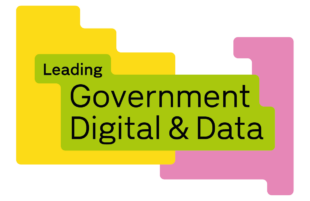
The first cohort of Emerging Technology Development Programme (ETDP) students has graduated.
ETDP is a 10-week course for civil servants with technical backgrounds that helps them develop their skills in emerging technology. They’re taught by world-class academics and industry experts, and join a group of specialist advisers after graduating. They can then advise on using emerging technologies across government.
The first ETDP course focused on artificial intelligence (AI) and machine learning. The 19 graduates came from 12 different government organisations, including the Department for Education (DfE), Department for Environment, Food and Rural Affairs (Defra), and Department for Transport (DfT).
In this post, we hear from graduates and their teachers on how ETDP can improve the use of emerging technologies in government.
Dr Ravinder Singh, Consulting Technical Architect and Head of Open Standards, Government Digital Service
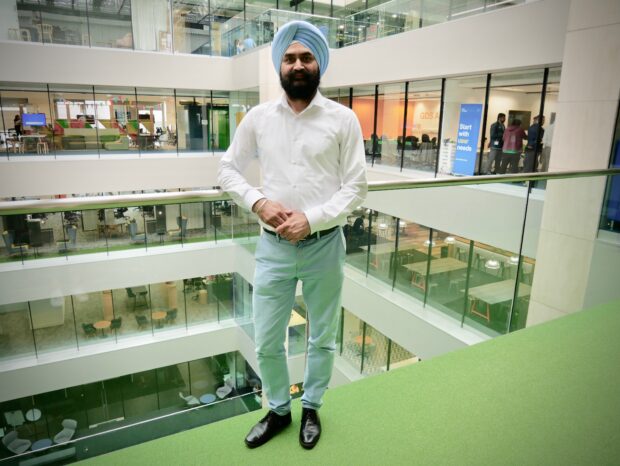
“On the course I created a detailed guidance document on AI and machine learning. The advice covered data, strategy, hardware and software, and also how to facilitate AI and machine learning work. It can be used by both digital, data and technology (DDaT) professionals and non-DDaT employees across government. It will be published on GOV.UK, and will be used in GDS Academy training programmes.
The course introduced me to experts from different universities and developed my knowledge of AI, machine learning and the Internet of Things. The flexibility of ETDP and support of my mentor let me manage my work schedule and explore what I was interested in.”
Dr Emma McLarnon, Data Scientist, Innovation, Data Exploration and Analytics Academy, HM Revenue & Customs (HMRC)
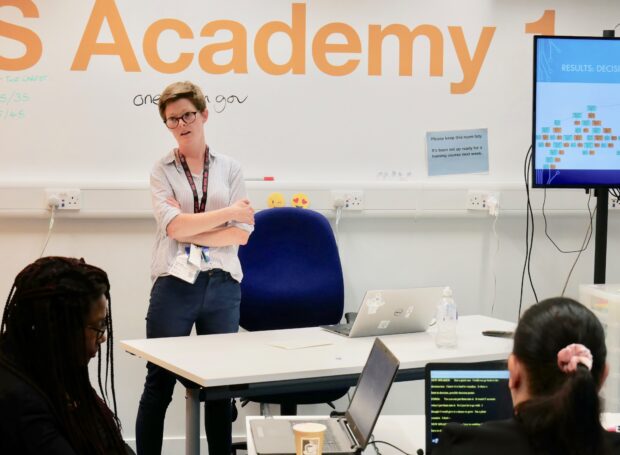
“My mentor was really helpful and knowledgeable. He’s been engaged in cutting-edge research into machine learning for over a decade. The project I worked on was in collaboration with HMRC’s Cyber Security team. Through the programme and based on features from a URL, I developed a tool to predict whether a URL is phishing or not. The predictions from this tool can and will be used as an indicator for automated threat detection.
In addition to my mentor sessions, I was able to attend events to amplify my learning and had the time to think through technological and ethical issues.”
Nicholas Hill, Business Analyst, UK Hydrographic Office
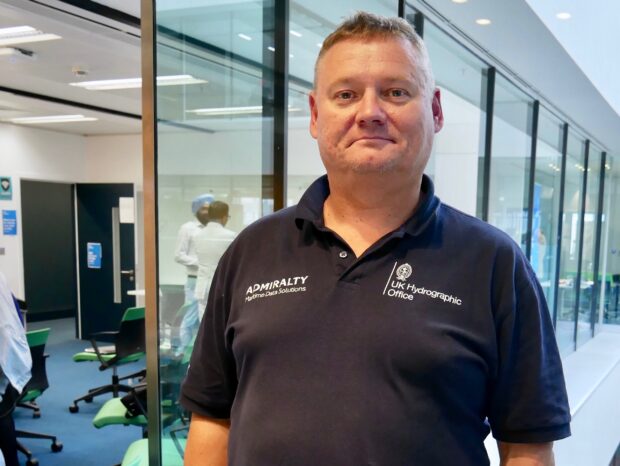
“This course allowed me to predict the height of the tide using astronomical and weather effects. I created a set of reports explaining the preparation of data and use of various algorithms. I also learned more about the importance of ethics in machine learning.
With so many new technologies emerging, the course has been helpful for me and the UK Hydrographic Office. As a technical business analyst, I need to understand what new capabilities are available and which are best suited to solve a set of requirements. Where we may engage an external company, it is important that we understand what technologies they choose, why they are chosen and how they satisfy the organisation.”
Gregory Haigh, Head of Data Science, Open Source Unit, Foreign and Commonwealth Office

“The programme provided expert tutoring and rigorous academic oversight on a real government application of machine learning. I created a trained algorithm that can classify the tens of thousands of email enquiries sent to the Foreign and Commonwealth Office’s 240 overseas posts, allowing accurate automated responses to be sent.
During the programme, I’ve cultivated new skills that are transferable to all future machine learning and AI projects that I’m involved with. Additionally, the text classification workflow that I’ve developed can easily be repurposed for a range of potential applications across government.”
Yvonne Mqadi, IT Operations Administrator, Defence Equipment and Support Chief Information Officer DevOps Team, Ministry of Defence
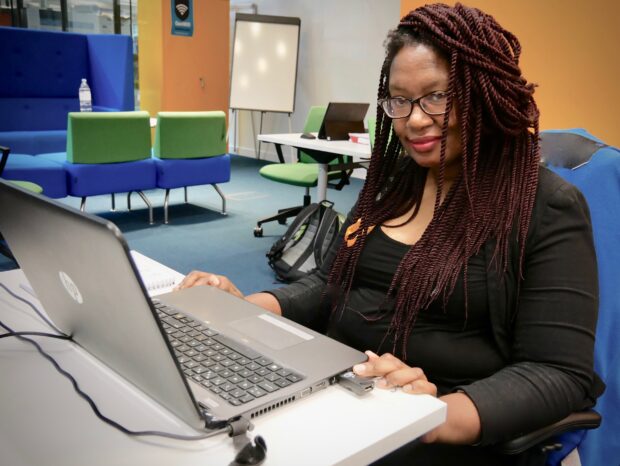
“I did AI projects at university, but that was 20 years ago. I felt it was time to return for a big update to understand the quantum leaps of the 21st century.
Over the 10 weeks, I explored the idea of a recommender system, a way of filtering information to predict users’ preferences, for my department. The Defence Equipment and Support Chief Information Officer has a long-term ambition in creating a recommender system, so I was able to assist with this. In addition, ETDP made me more confident with my IT knowledge, helped me use my experience and let colleagues see my capabilities.
The programme is very accessible. I was able to engage in online courses and used communication support, such as speech to text reporters. The ETDP staff are very supportive.”
Professor Ivan Palomares Carrascosa, Bristol University and Alan Turing Institute
“The technical and creative approach of the students in this cohort has been excellent. The programme has showcased the dividends to be realised through a cross-government approach that embraces machine learning and many other AI and data science technologies.”
Dr Wenjia Wang, University of East Anglia
“The students were incredibly motivated with strong computing and programming skills. They knew the problems they wanted to work on, but not how to go about solving them.
They tackled them through learning research and project development, roadmapping, specific AI and machine learning data mining techniques and cutting-edge tools, which was what this programme was all about.
As the students were working on real-world problems, their research and outputs will directly help their respective departments.”
If you would like to know more, or apply for a future iteration, please email the ETDP team.
